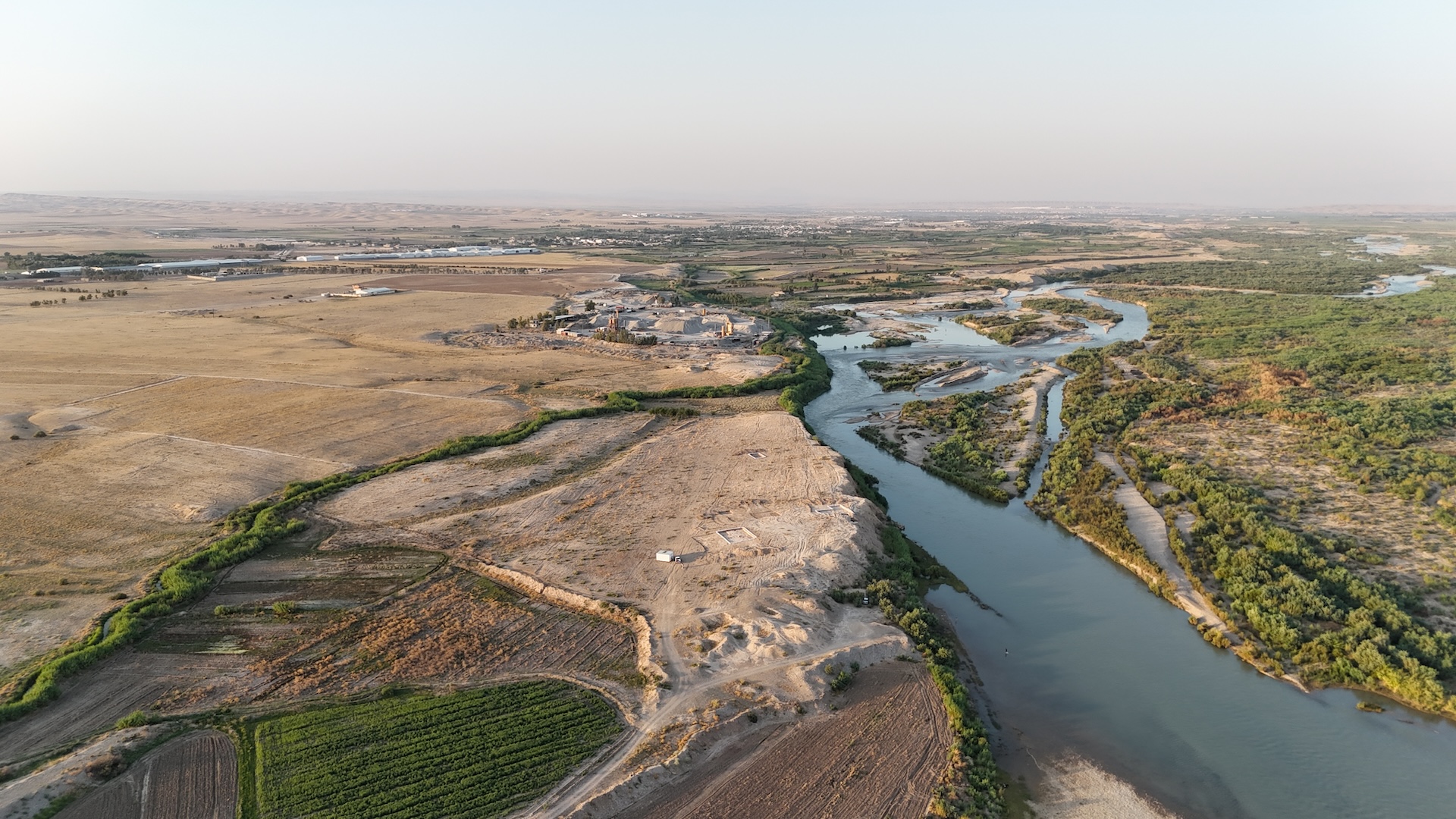IJMS, Vol. 25, Pages 12983: Effect of Liquid Blood Concentrates on Cell Proliferation and Cell Cycle- and Apoptosis-Related Gene Expressions in Nonmelanoma Skin Cancer Cells: A Comparative In Vitro Study
International Journal of Molecular Sciences doi: 10.3390/ijms252312983
Authors: Eva Dohle Lianna Zhu Robert Sader Shahram Ghanaati
Nonmelanoma skin cancer (NMSC) presents a significant challenge to global healthcare due to its rising incidence, prompting the search for innovative treatments to overcome the limitations of current therapies. Our study aims to explore the potential effects of the liquid blood concentrate platelet-rich fibrin (PRF) on basal cell carcinoma cells (BCCs) and squamous cell carcinoma cells (SCCs) in order to obtain results that may lead to new possible adjunctive therapies for managing localized skin cancers, particularly NMSC. Basal cell carcinoma (BCC) cells and squamous cell carcinoma (SCC) cells were indirectly treated with PRF generated via different relative centrifugation forces, namely high and low RCF PRF, for 7 days. PRF-treated cells were comparatively analyzed for cell viability, proliferation and cell cycle- and apoptosis-related gene expression. Analysis of MTS assay results revealed a significant decrease in cell viability in both BCC and SCC cells following PRF treatment for 7 days. Ki-67 staining showed a decreased percentage of Ki-67-positive cells in both BCC and SCC cells after 2 days of treatment compared to the control group. The downregulation of CCND1 gene expression in both cell types at 2 days along with the upregulation of p21 and p53 gene expression in SCC cells demonstrated the effect of PRF in inhibiting cell proliferation and inducing cell cycle arrest, especially during the initial phases of treatment. Increased expression of caspase-8 and caspase-9 was observed, indicating the activation of both extrinsic and intrinsic apoptotic pathways by PRF treatment. Although the exact immunomodulatory properties of PRF require further investigation, the results of our basic in vitro studies are promising and might provide a basis for future investigations of PRF as an adjunctive therapy for managing localized skin cancers, particularly NMSC.

 1 day ago
17
1 day ago
17

